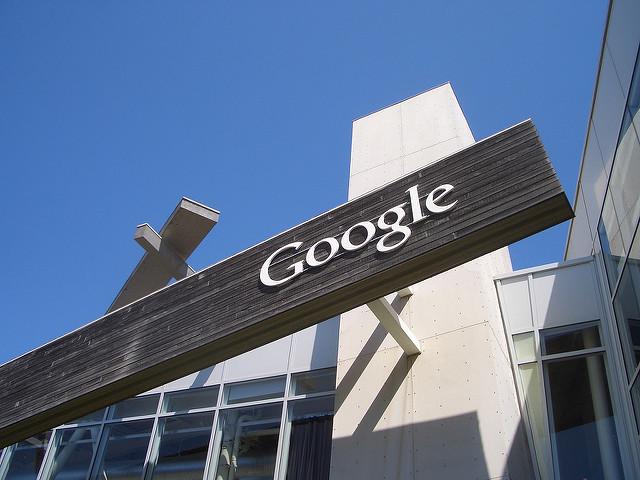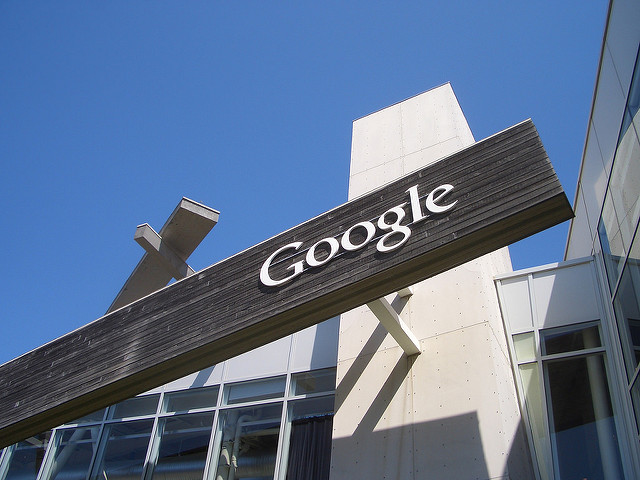The worldwide campaign to encourage 100 per cent renewable energy usage by businesses is resulting in an increasing number of Silicon Valley big players to invest in wind and solar power.
Companies such as Apple, Google and Facebook are going head on to reach the goal of 100 per cent renewable energy first.
Recently Google has announced their plan to hit the target by 2017, after investing in solar and wind electricity for the last decade.
Google is the leading corporate buyer of renewables and intends to purchase solar and wind energy that can offset the entirety of their energy usage in their 13 huge data centres and offices over 150 different cities.
Apple is also moving closer towards their goal, stating that they achieved a huge 93 per cent in 2015. A spokesperson for Apple said the music giant has not yet announced the year they expect to meet the 100 per cent target.
These companies are not the only ones setting the 100 per cent renewables goal, with companies such as Facebook, Ikea, Johnson & Johnson and Starbucks all being included in the global campaign.
In the past businesses have generically used local utilities as their power source, similar to homeowners. If businesses wish to speed up their timeline of 100 per cent renewables, significant investment to build and run solar and wind farms will be necessary. As this may not be a viable option for some, renewable energy goals can be reached by purchasing enough wind and solar electricity so that it can offset their power usage from natural gas of coal power plants.
Microsoft and Google use their investments to assist with increasing the share of renewables in the local power grid, or alternatively encouraging local utilities to invest themselves.
Over the last decade solar and wind prices have fallen dramatically. Energy Professor from the University of Calafornia-Berkeley Dan Kammen says renewable energy is now accessible for everyone.
“Renewable energy has become incredibly cost effective…There is no company on the planet that can’t make a 100% energy target a viable, cost-effective strategy.”
The goal of 100 per cent renewable energy is not the only way companies can reduce their carbon footprint.
Initially, businesses should take a look at reducing their energy usage and being more energy efficient, according to Dan Reicher from the Steyer-Taylor Center for Energy Policy and Finance, which will decrease the level of renewable power they need.
“Energy efficiency tends not to sound as sexy, just as putting solar panels on your roof is more interesting than putting an efficient furnace in your basement,” said Reicher. “But from an economic and environmental perspective, you want to start with energy efficiency.”
He also notes business should not just focus on electricity, as a big chunk of energy usage can also come from things such as transportation.
IMAGE via brionv



